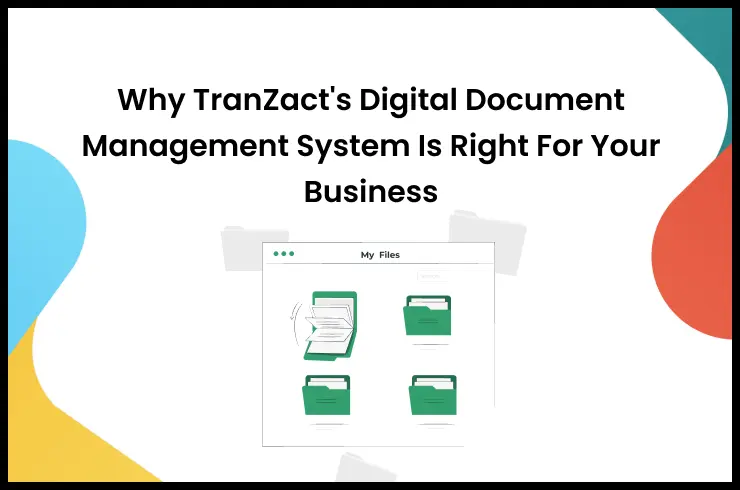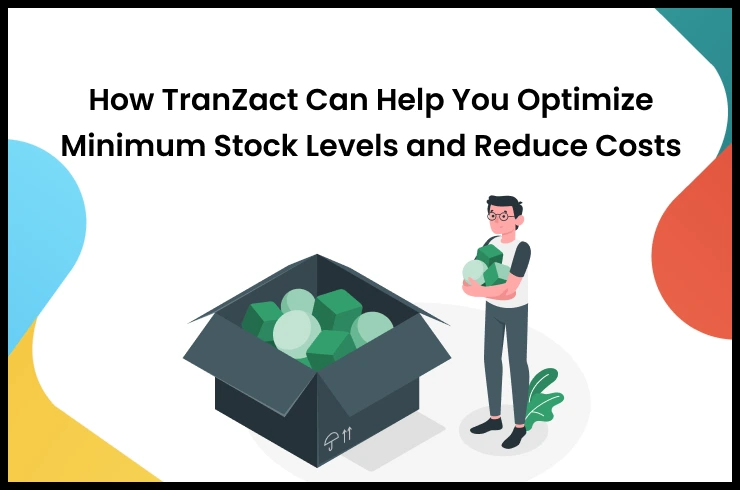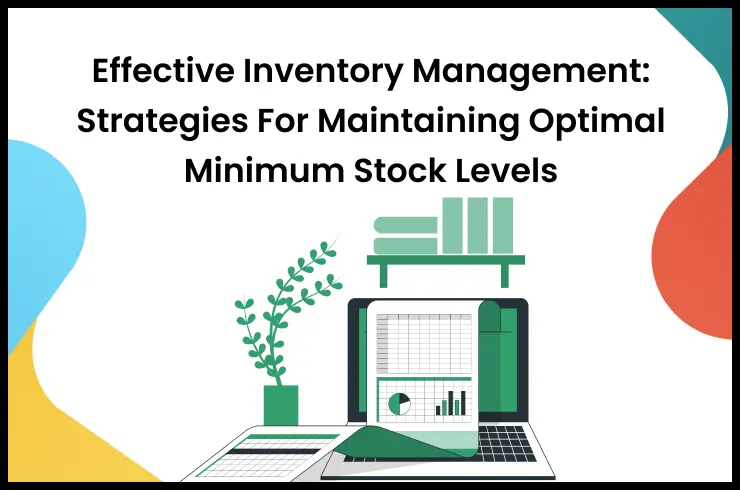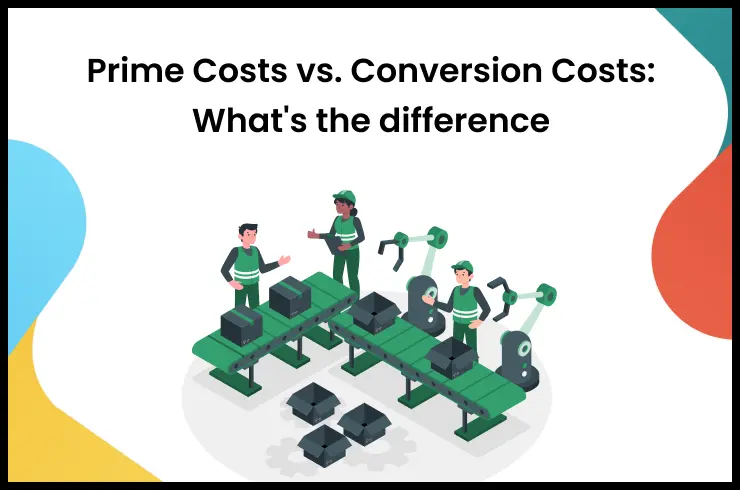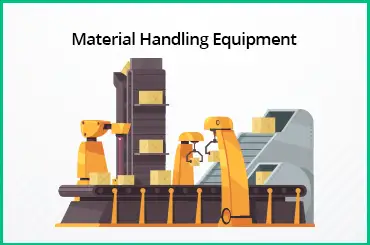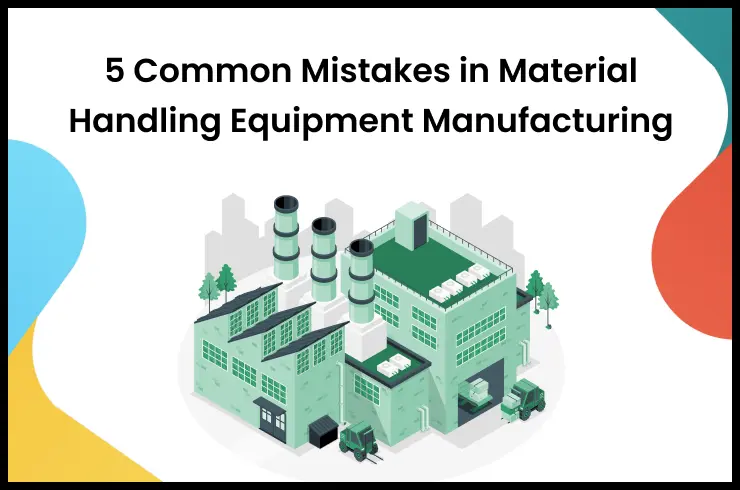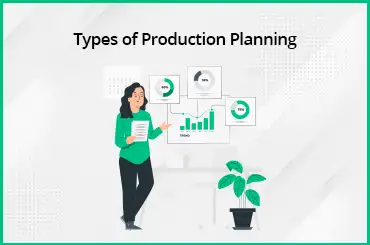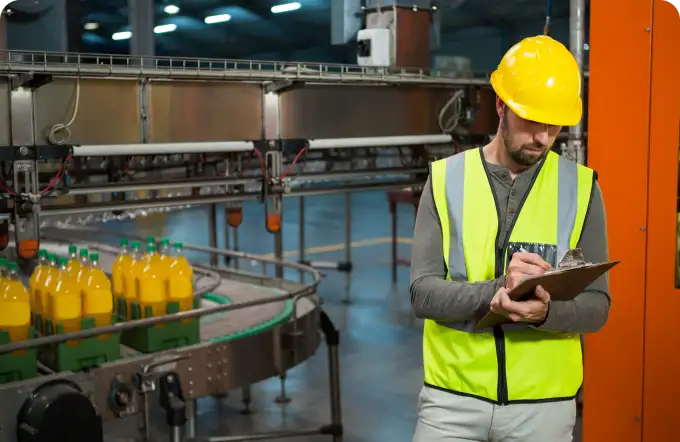Manufacturing is a system of processing raw materials into final products. It can be divided into many types; two prominent types of it are discrete manufacturing vs process manufacturing. Both have their own set of benefits and are used in different industries. In this blog post, you will learn about discrete vs process manufacturing in detail. You will also learn about the type of industry they are suitable for.
What is Discrete Manufacturing?
Discrete manufacturing focuses on making single items or products that are easily counted. These are countable and can be easily assembled or disassembled per the manufacturer’s needs. This type of manufacturing is suitable for low-volume manufacturers who need complex products in smaller quantities.
Examples of Discrete Manufacturing Products
Discrete Manufacturing is mostly used in automobile manufacturing, apparel, machines, and devices. Some other industries with Discrete manufacturing examples are:
- Electronics
- Toys
- Tools
- Furniture
Key Features of Discrete Manufacturing
Manufacturing in discrete type has some distinct features that make it different from process manufacturing. Some of those features are:
- Products can be counted, touched, and tracked one at a time.
- Parts can be changed, repaired, or recycled even after production.
- Bills of materials (BOMs) are used for assembly in the supply chain.
- It involves joining, attaching, fixing, and assembling parts and components of a product.
What is Process Manufacturing?
Process manufacturing involves manufacturing products in bulk quantities. Raw materials are converted into finished goods after mixing, processing, and combining raw materials using a fixed recipe or formula. It also involves chemical and thermal conversions, and goods are in various forms, such as liquid, solid, gel, or powder.
Examples of Process Manufacturing Products
Process manufacturingis used in the food and beverage, paints, chemicals, and especially pharmaceutical industries. Some process manufacturing examples include:
- Pharmaceuticals
- Soft drinks
- Laundry detergents
- Ketchup and other condiments
- Rubber and plastics
Key Features of Process Manufacturing
Process manufacturing is very different from discrete manufacturing. Here are some of the reasons why:
- Products in this category are made using formulas and recipes. For example, the food industry.
- The raw material is not obtainable from finished products in this category after production.
- This category includes key processes such as grinding, boiling, mixing, and churning to make products.
- Manufacturers can see changes in product volume, density, mass, and physical properties occur after production.
Difference between Discrete and Process Manufacturing
The basic difference between discrete manufacturing vs process manufacturing is related to the type of industries they serve the needs for. Here are some other differences between them:
| Discrete Manufacturing | Process Manufacturing |
|---|---|
| In Discrete Manufacturing, products are countable components. | In Process Manufacturing, products are manufactured using formulas or recipes. |
| In Discrete Manufacturing, parts can be broken down and recycled. | In Process Manufacturing, raw materials cannot be retrieved from finished products. |
| Discrete Manufacturing Uses Bills of Materials (BOMs) for assembly. | Process Manufacturing uses formulas or recipes for production. |
| Discrete Manufacturing involves joining and assembling components. | Process Manufacturing involves blending and mixing raw materials. |
| In Discrete Manufacturing involves no change in the volume or density of the product during production. | In Process Manufacturing, volume, density, mass, and physical properties change during production. |
Which is Better, Discrete vs Process Manufacturing ERP Software
The primary fundamental difference is the way discrete vs process manufacturing operates.
- ERP Software Discrete manufacturing aims to sell goods directly as finished goods. Therefore, goods such as agricultural machinery must be ready for distribution.
- ERP Software Process manufacturing is produced in bulk quantities; hence, tracking or counting them one by one is difficult. The products in this manufacturing process are made using a recipe or formula such as pharma or food industry items. Items in process manufacturing cannot be recycled or repaired.
The type of manufacturing ERP software you select must depend on the kind of features you need. Both ERP software have various benefits and challenges, and you must choose the right type of manufacturing software for your needs.
Importance of Choosing the Right Manufacturing Process and ERP
When you select an Enterprise Resource planning software to plan your business operations, it is important to understand the fundamental difference between discrete vs process manufacturing. The basic difference will help you know which manufacturing process suits you. Here is a comparison between the two:
Discrete Manufacturing ERP
Discrete manufacturing ERP Software involves the production of individual items such as automobiles, furniture, or toy-manufactured items. It uses BOM or Bill of Material manufacturing, and its ERP needs support with the assembly of components.
A small manufacturer who wants to track and obtain inventory items at a low volume can select such a manufacturing process. You can benefit from this manufacturing process as tracking, counting, and managing individual products is easy.
Process manufacturing ERP
Process manufacturing is a type of manufacturing in which mixing and blending are used to create the final product. It is typical for industries such as food and beverage. Finished goods cannot be disassembled to return to raw material, such as manufacturing ERP tracks, wastes, co-products, and by-products.
If you are a bulk manufacturing business owner, it is better to use process manufacturing. Such manufacturing can also help reduce production costs and generate products in batches by following a chemical process or recipe.
TranZact: Your ERP Software for Discrete and Process Manufacturing
ERP Software can help manufacturing businesses streamline their operational tasks. It can help you track and count finished products regardless of whether you using discrete vs process manufacturing industry. An ERP comes with many functionalities to handle many aspects of operations. However, as a Small to Medium scale manufacturing business, you might not need all the functionalities. The disadvantage of an ERP software is that all of its features come in a single package.
This means that you will not have the option of customization or buying the modulus you need. This is where TranZact comes in. TranZact is a flexible software that allows manufacturing businesses to fulfil their day-to-day operations properly. It is a customizable tool with a set of modules. It can be the right software that can help you keep a check on waste and by-products along with inventory needs in demand.
FAQs
1. What is the difference between discrete and process manufacturing?
Discrete Manufacturing is suitable for small-scale manufacturing industries that make complex products, such as the automobile industry. On the other hand, manufacturing in bulk by following a formula is called process manufacturing. Examples of process manufacturing are paints and chemicals.
2. What is an example of process and discrete manufacturing?
Discrete Manufacturing is an example of the automobile and furniture industry. An example of process manufacturing is the food and beverage industry.
3. What is the purpose of discrete manufacturing?
Discrete manufacturing aims to produce a small volume of complex products. Such industries are better for small-scale industries such as furniture manufacturing.
4. What is the purpose of process manufacturing?
Process manufacturing aims to produce goods as per formula and in bulk quantities. Such manufacturing is suitable for the chemical, paints, and food industries.
5. Which is better: discrete vs process manufacturing?
Discrete vs process manufacturing are both helpful for different sectors. Discrete manufacturing is better if a vendor requires small-scale production of complex goods. However, for bulk manufacturing, process manufacturing is better.
6. What are the benefits of choosing discrete manufacturing over process manufacturing?
Discrete manufacturing is better for goods, including toys, furniture, or the automobile industry. Such industries require detailed, personalized, but small-scale goods. Such manufacturing is suitable for small-scale industries over process manufacturing.






